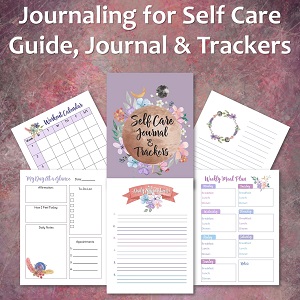 When you lose someone you care about, it burdens you with a tremendous amount of stress. It can spiral your world out of control and leave you floundering to find stable ground.
When you lose someone you care about, it burdens you with a tremendous amount of stress. It can spiral your world out of control and leave you floundering to find stable ground.
There is no right or wrong way to go through the emotions, especially grief. Some people cry often and for long periods of time. Other people push their emotions inward, but are hurting just the same.
You might struggle with grief for years or you may find healing with a matter of months. It’s not a smoothly planned journey through the emotional upheaval brought on by death.
You can take plenty of steps forward, thinking that you’ve finally turned a corner then all of a sudden, you find yourself sobbing because something reminded you of the person that you lost.
Now you feel the same as you did in the beginning – like you don’t know how you’re going to make it through the loss. This is normal. In the beginning, you might go into shock, which doesn’t allow you to feel much of anything.
Some people report feeling numb in the beginning. Others felt guilt or anger. There is no right or wrong emotion to feel. Losing a loved one is a trauma and what you need to understand is that the aftershocks of it can mimic the same ones that trauma victims go through.
You can experience anxiety, irritability, mood swings and even nightmares. It’s just part of the process as your body and mind try to deal with and then adjusts to what’s happened.
Over time, the pain that you feel won’t be as sharp. You may still feel sad when you think of your loved one as time passes, but the strength of the emotion fades. Self care is extremely important when you’re coping with a death.
You need to let yourself feel things. Don’t try to quell your emotions. Don’t blame yourself for feeling or not feeling a certain way. Just accept the emotions for what they are – part of the process.
Focus on the good memories you have with that person. Don’t worry if you can’t seem to get it to together. It’s okay if you’re not able to stick to your once normal routine. It can be difficult to lose someone that you loved but didn’t necessarily get along with.
You may still have lingering feelings of being upset with that person. That’s okay, too. Take the time that you need to grieve. The best form of self care in this situation is to let yourself grieve in a way that works for you.
Maybe you want to talk about the person. Or not. Maybe you want to do something tangible, such as creating a memorial or planting a tree – or something to honor them, like establishing a scholarship in that person’s name.
However you practice self care at the time is okay. Provide for your health. Try to get the sleep that you need. Try to eat right and make sure you take whatever breaks you need to. Lean on other people. If you don’t feel that you got closure, write a letter to the lost loved one and say your goodbyes that way.




